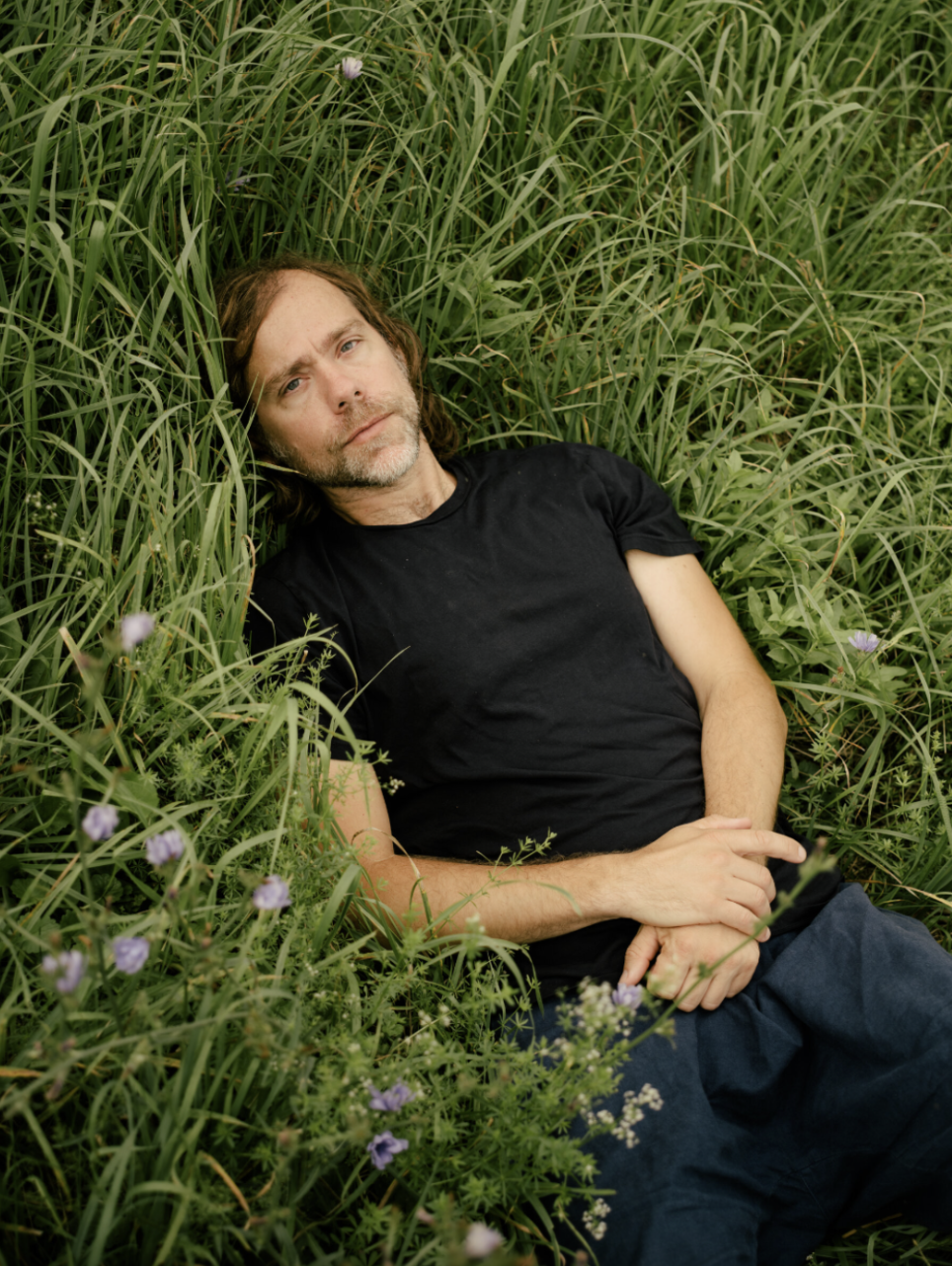Midnights is Underwhelming Me
Taylor Swift gave us thirteen tracks on her newest album Midnights, most of which are disenchanting.
Advertised as “a journey through terrors and sweet dreams,” Swift’s tenth studio album was highly anticipated and expected to be highly self-reflective, giving listeners a glimpse into her darkest demons, deepest insecurities, and most decadent dreams. The album art is understated, exhibiting dimly lit scenes painted with muted neutrals, chestnut wood paneling, and a tortured-looking Swift donning blue eyeshadow. Midnights alluded to a dark 70s dream.
However, the thirteen tracks recall Lorde’s Pure Heroine more closely than Fleetwood Mac’s Rumours. The soft rock 70s sound that many anticipated (and that I hoped for) are not clearly represented in Midnights. Instead, soft and subdued pop synths permeate the album’s atmosphere, with many imagined by Jack Antonoff, Swift’s primary collaborator. Antonoff also worked on Swift’s past two narrative albums, Folklore and Evermore, contributing to airy songs like “Mirrorball” and “Gold Rush.” While his talent is obvious in the layered mist of “Lavender Haze” and distorted chords of “Midnight Rain,” the tinkly sound of other tracks like “Bejeweled” disrupts the haze he previously crafted so well. We’re unexpectedly transported from a cloudy midnight to a clear day, a place not suited to late night reflection or secret-sharing.
The best songwriting on Midnights comes from the 3AM tracks. Swift released these eight songs as a surprise mere hours after the album’s release to give her listeners insight into her creative process. Although these tracks aren’t based on certain sleepless nights, they are her most self-reflective and brutally honest. We finally see writing credits for Aaron Dessner, the lead collaborator in both Folklore and Evermore, where we saw some of Swift’s most impressive lyricism. Dessner wrote 3AM tracks “The Great War,” “High Infidelity,” and “Would’ve Could’ve Should’ve” with Swift. These tracks are some of the best on the album, and Dessner inspires Swift “to explore extended metaphors, coaxing out poeticism and hard truths” (Insider). Here’s a deep dive into why Dessner should’ve been given a bigger presence on the album.
“The Great War”
This track, a description of a couple navigating an intense fight, is full of the vivid metaphors and rich imagery that trademark a Taylor Swift song. Lines like “My knuckles were bruised like violets” and “spineless in my tomb of silence” give me chills. You can feel the conflict evolve and eventually resolve as the song plays, and Swift evokes a variety of emotions - frustration, sadness, anticipation, and relief - all the while.
“High Infidelity”
Simple lyrics and naked truths define this track, which explores the strain of infidelity on relationships. Swift has written about infidelity before on Folklore’s “Illicit Affairs,” but this is no narrative. Swift comes close to confession as she describes cheating on a partner: “Do you really wanna know where I was April 29th? Do I really have to tell you how he brought me back to life?” She also implies that her partner didn’t love her enough as she danced around his “picket fence sharp as knives,” placing some blame on him. “High Infidelity” explores a deeper level of vulnerability for Swift than ever before, delving into a depth of insecurity that even “Anti-Hero” can’t match.
Would’ve Could’ve Should’ve
This song is one of the greats, possibly one of the best of her career up there with “All Too Well.” The songwriting is sharp and biting as she reflects on the pain of a past relationship with a much older man (cough cough *John Mayer*). This track is the older, wiser sibling of Speak Now’s “Dear John” and would’ve made an amazing track 5 (which are famous for being the most brutal on Swift’s albums). She was only nineteen when she dated 32-year-old John Mayer, and now she laments that she “regrets him all the time” although “the pain was heaven,” describing her relationship through a much more nuanced and mature lens. At a crossroads between regret and reflection, she describes how perfectly painful it is to both love and lose someone - the type of hurt that never quite heals.
Swift writes powerful and lyrically poignant songs with Dessner. The 3AM bonus tracks that he co-wrote are evidence of their creative chemistry, and I wish he could’ve had a larger presence on Midnights. Don’t get me wrong - Antonoff and Swift create a hazy, evocative album that’s worth a listen, but Dessner inspires more of the poetry in Swift that listeners have come to recognize. We’ll have to see what Taylor Swift, the never-tiring music machine that she is, releases next. Whatever it is, I hope it includes more Dessner time.
Strike Out,
Writer: Maddie Arruebarrena
Editors: Katie Sharp, Natalie Daskal
Notre Dame




